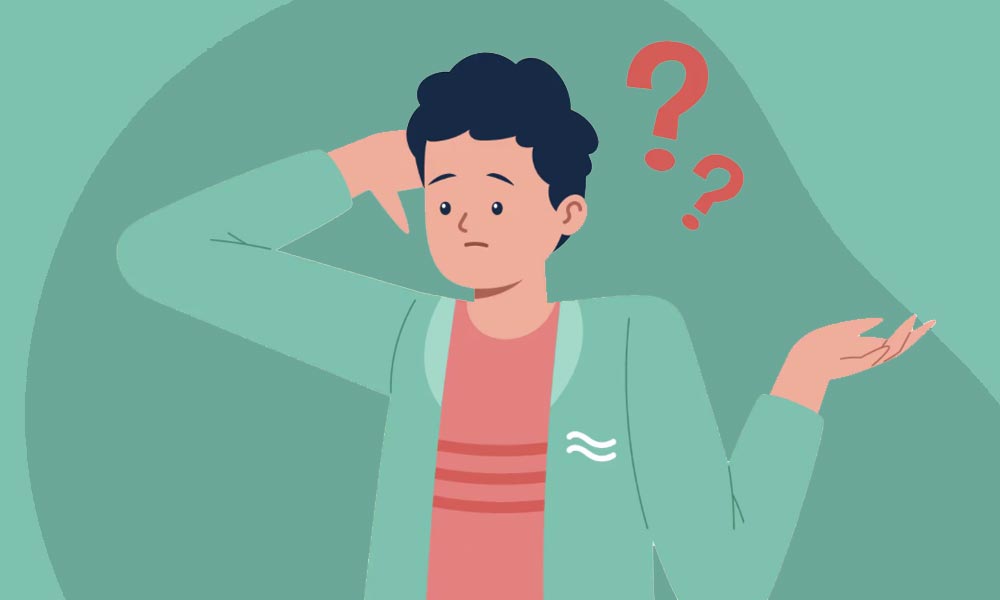Have you ever been told you have too much calcium in your urine, but your blood calcium is totally normal? Then, you may have something called idiopathic hypercalciuria, or IH for short.
Idiopathic means there’s no clear medical cause like a tumor or gland issue. Hypercalciuria means your body is peeing out more calcium than it should.
That extra calcium floating around in your urine? It can easily team up with things like oxalate or phosphate and form a kidney stone. So even though your blood tests might look fine, your urine could be setting you up for trouble.
Why It Matters
When there’s too much calcium in your urine:
It raises your risk for calcium stones (both oxalate and phosphate types).
It can lead to bone loss over time. Your body pulls calcium out of your bones to keep your blood levels steady—leaving your skeleton weaker while your kidneys work overtime.
Is IH Common?
Yes—and it often runs in families. If you have a parent, sibling, or child with a history of stones or bone issues, IH may be a piece of the puzzle.
Can the Kidney Stone Diet® Help?
It can—and it does. While the Kidney Stone Diet® won’t cure IH, it’s one of the best tools to manage it. It helps you:
Drink more water to dilute your urine.
Lower sodium, so your kidneys spill less calcium.
Get calcium from food (not pills), which protects both bones and kidneys.
Cut down on added sugar, which worsens calcium loss.
Moderate meat protein, which helps reduce stone-forming compounds.
Thousands of my patients with IH have reduced their stone risk and felt more in control just by following this approach (and meds).
How Is IH Diagnosed?
Through a 24-hour urine test. If your urine calcium is high, but your blood calcium is normal, and there’s no other cause(medical condition and you are following Kidney Stone Diet® guidelines), your doctor may diagnose you with idiopathic hypercalciuria.
A bone density scan (DEXA) may also be done to check if your bones are being affected. I cannot tell you how many of my patients had early bone loss due to IH.
What Medications Can Help?
If diet changes aren’t enough, your doctor may suggest one or more medications. These can work together with your lifestyle changes to reduce calcium loss and stop stones from forming.
Thiazide and Thiazide-Like Diuretics
Examples: chlorthalidone, indapamide, hydrochlorothiazide (HCTZ)
What They Do:
Lower calcium in your urine.
Protect your bones.
Reduce risk of both calcium oxalate and phosphate stones.
How They Work:
These meds tell your kidneys to hold on to more calcium instead of letting it spill into your urine. That means less calcium shows up in your urine and more stays in your bones.
Not All Thiazides Are the Same—Here’s What You Should Know:
Chlorthalidone and indapamide are long-acting and taken once a day, which makes them easier to stick with.
Hydrochlorothiazide (HCTZ) is shorter-acting and usually needs to be taken twice a day. That can be harder to stay consistent with, and missing doses means losing protection.
Some people think HCTZ causes less potassium loss, but research shows that at the higher doses used for stone prevention, its effect on potassium is about the same as the others.
Your doctor will monitor your bloodwork—especially potassium, uric acid, and blood pressure. You may need potassium-rich foods or a supplement while on these meds.
Potassium Citrate
What It Does:
Raises urine citrate (a natural stone blocker).
Lowers urine acidity (helpful for preventing uric acid and calcium phosphate stones).
Helps stop crystals from forming (by raising urine pH) and can dissolve small uric acid stones.
How It Works:
Citrate acts like a traffic cop in your urine. It grabs calcium before it can team up with oxalate or phosphate and turn into a stone. It also helps make your urine less acidic, which creates a more stone-resistant environment.
Potassium citrate is often used alongside a thiazide-type diuretic for more complete protection and because the diuretics can lower potassium levels.
A note from Nurse Jill: I have had many patients tell me they would rather take the pill than lower their sodium. The pill will be LESS effective if you do not ALSO manage your sodium intake- so I still get my way for you to care about eating healthier!
Final Thoughts
If you have idiopathic hypercalciuria, you didn’t do anything wrong. But now that you know what’s happening, you can absolutely take steps to reduce your risk and feel better.
You’re not powerless. In fact, you have options:
Diet changes that really work (hello, Kidney Stone Diet®).
Medications when needed.
Regular follow-up urine collections, so nothing sneaks up on you.
I’ve helped people with IH for over 26 years. And what I’ve seen over and over again is this: you can manage this. You can feel better. And you don’t have to do it alone.
Here is my mentor’s article on IH. My job is to break up his articles so we can all understand kidney stone disease better. But I want you to see the science behind my take on this. And here is the science on the medication part.
Your friend,
Nurse Jill
P.S. If you need help understanding your 24-hour urine results and want to have a productive conversation with your doctor, work with me! It is my area of expertise.














Leave a Reply